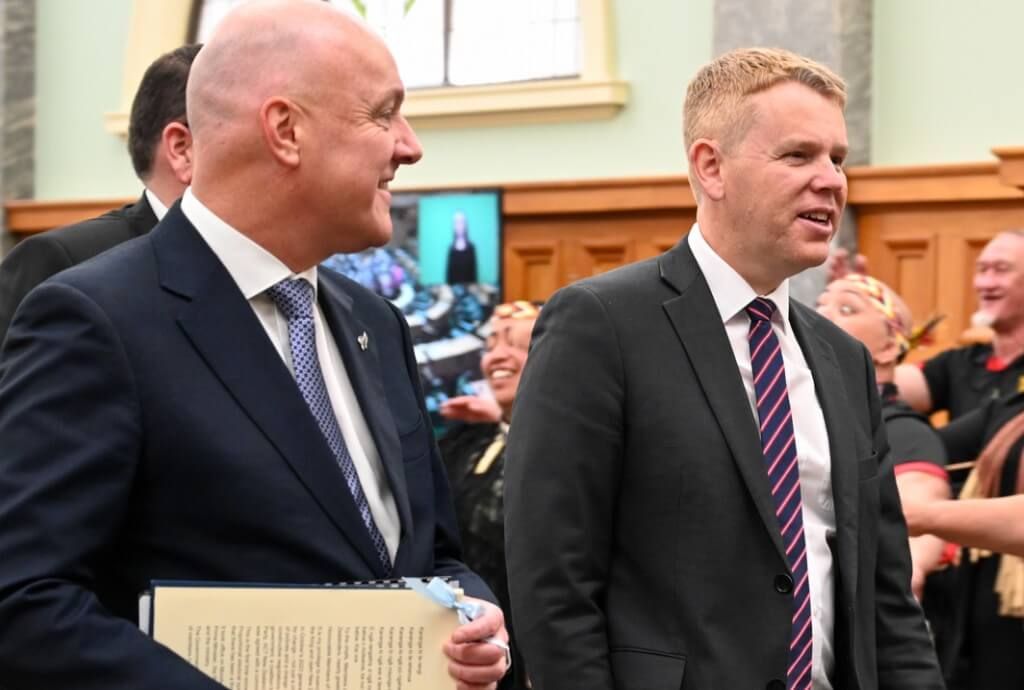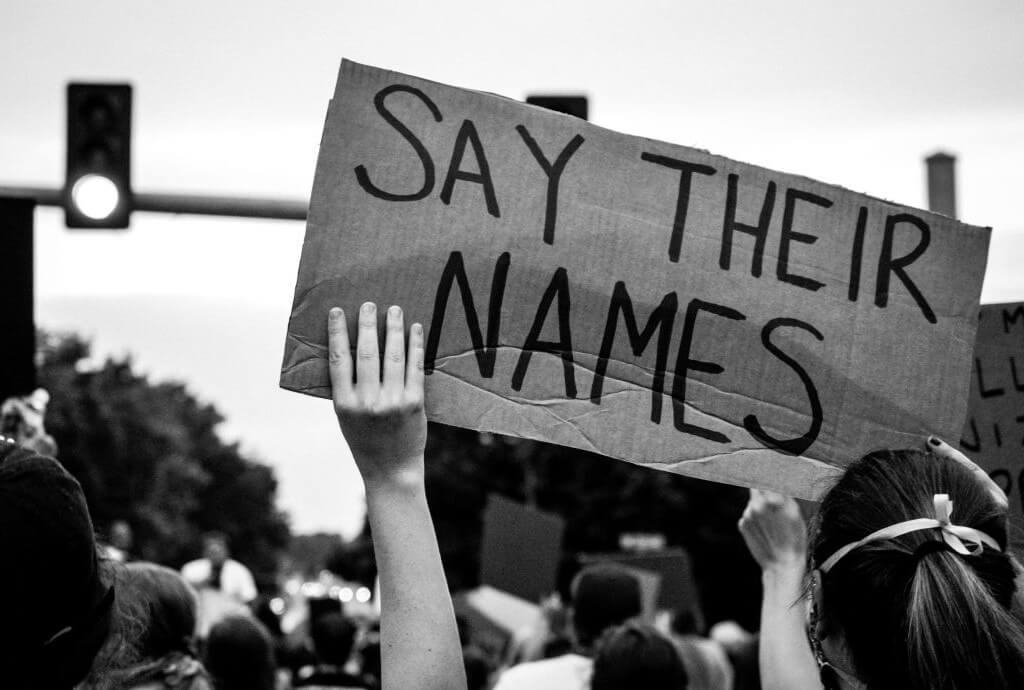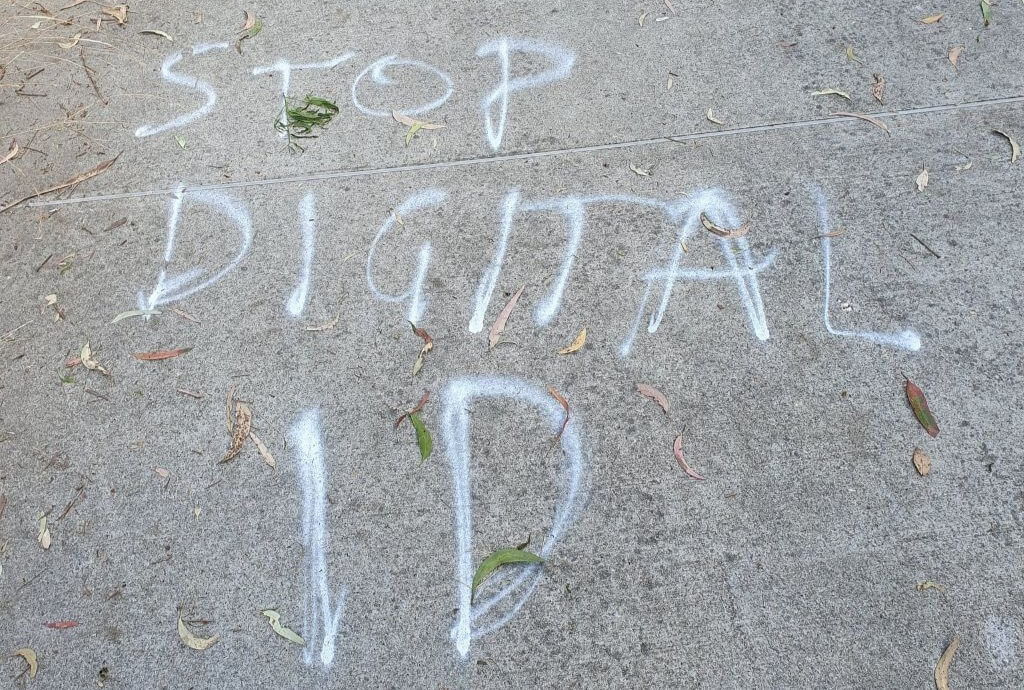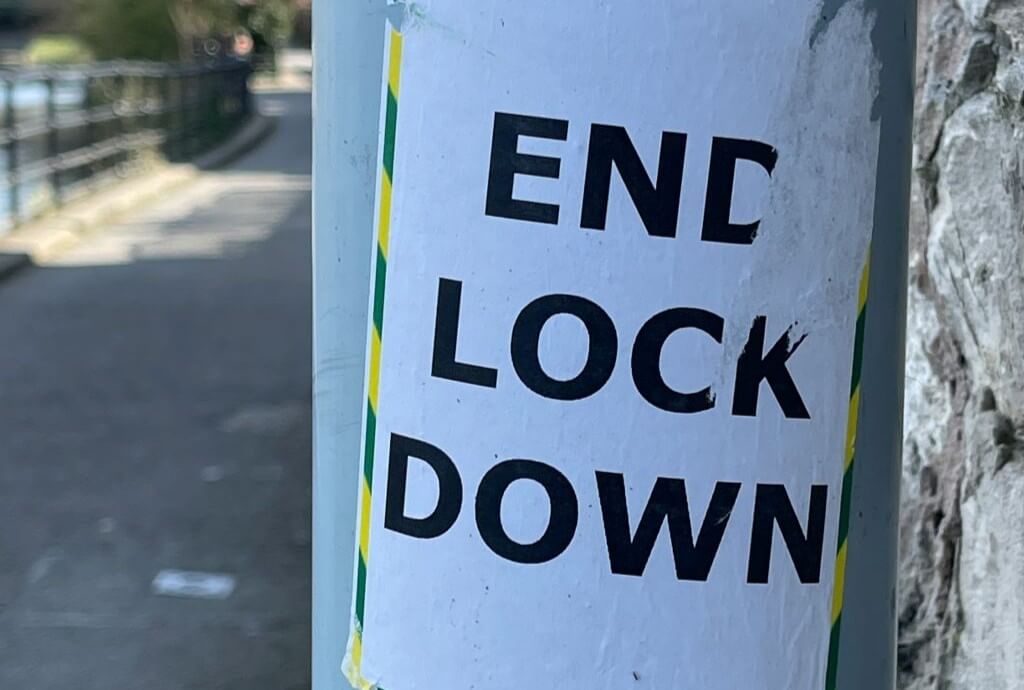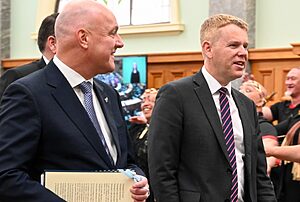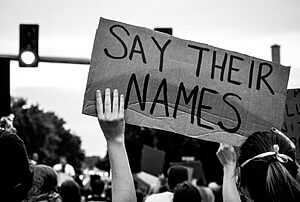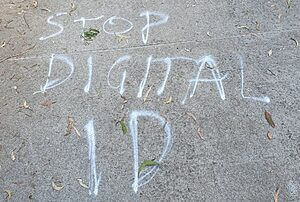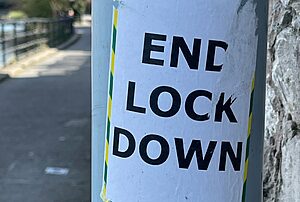Summarised by Centrist
ACT leader David Seymour defended his Treaty Principles Bill at the Waitangi Treaty Grounds, facing protestors who turned their backs and took his microphone.
“You can take away my microphone, but you can’t take away an idea,” he said.
Seymour rejected suggestions from reporters, citing Labour leader Chris Hipkins’ comments that, given the ACT leader’s platform, he should have come to Waitangi to listen rather than give a speech.
“He’s the Leader of the Opposition, a former Prime Minister. He has a platform too, yet he still gave a speech—so I think we can dismiss that one straight away.”
Seymour told reporters: “Pouring poison in one’s ear is a quote from Hamlet about putting mistruths in people’s minds and I believe that’s what people have done about my bill.”
Asked if he was proud to be Māori, Seymour responded “I’m proud to be part Māori. My question is ‘why wouldn’t you ask me if I’m proud of all my ancestry?’”
Leftwing comedian Guy Williams attempted to check Seymour, saying he was spreading misinformation.
“Can you give me an example?” Seymour shot back, putting Williams on the spot, who fumbled to clearly substantiate his claim.
“When I was a kid, comedians were funny,” Seymour quipped.
Seymour also took issue with the claim that his speech was divisive, arguing that insisting the Treaty created a racial partnership is “inherently divisive as an idea.”
Despite the hostility, Seymour remained resolute, confirming he would return next year: “Some people can turn their backs, but they can’t turn their backs on the real challenges we face.”

